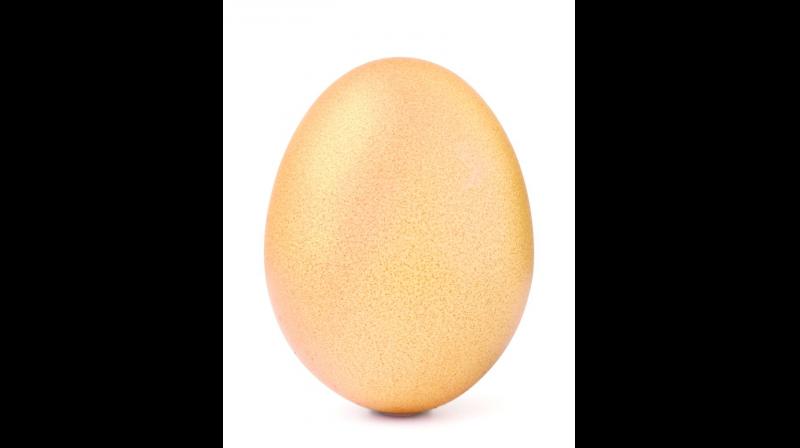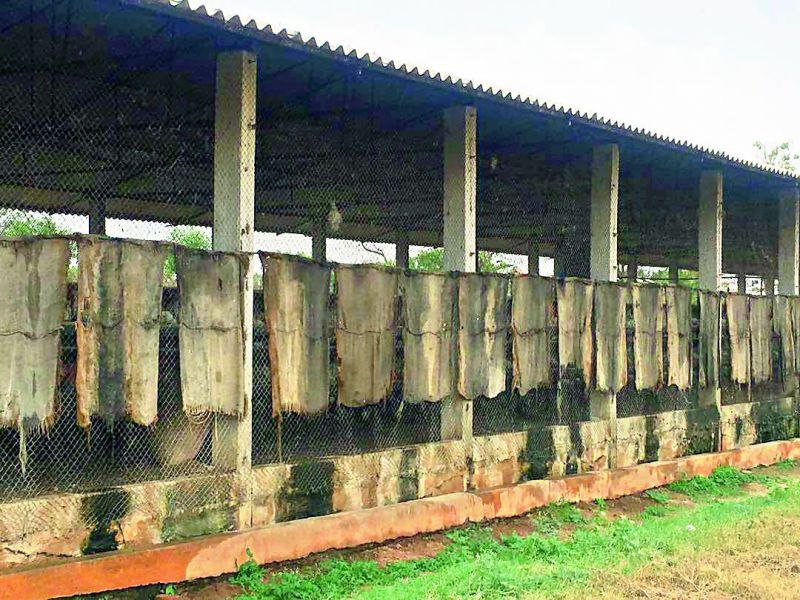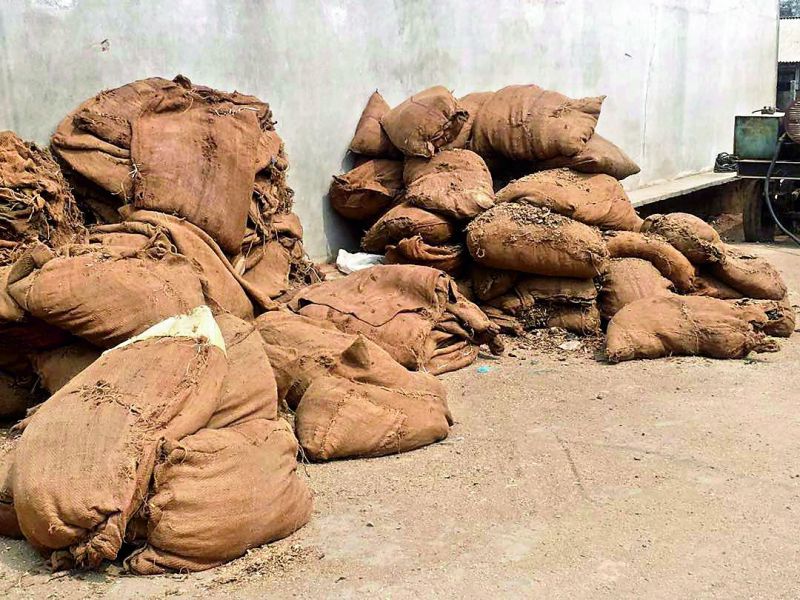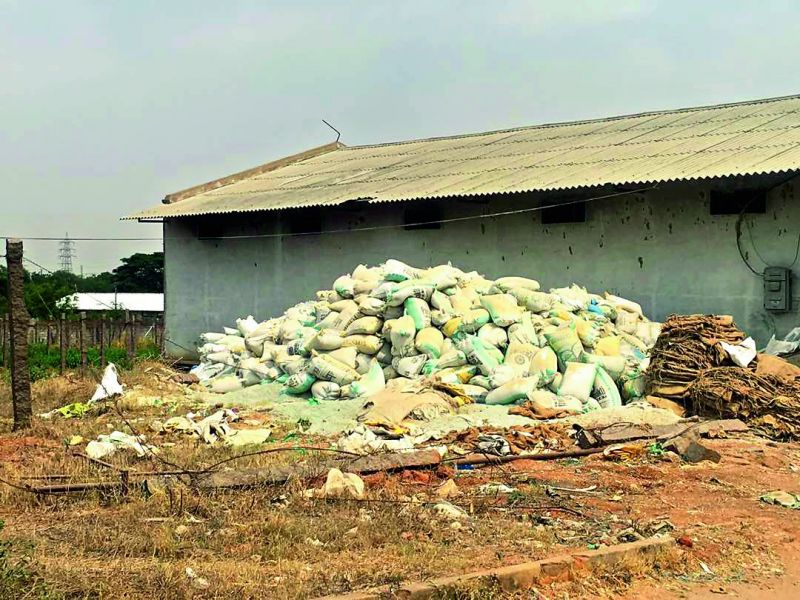Love eggs! Check them before you crack them
Contamination has been found in one in 20,000 eggs according to studies.

Hyderabad: Eggs get contaminated even as they are laid in a farm environment that has too many birds and poor hygiene. Eggs can also get contaminated during handling and transportation. While picking up eggs it is important to check the shells are clean. Any dirt on the egg shell means the presence of contaminating microorganisms. Soiled eggs must be thoroughly washed before storing. Though the egg shell is not consumed, its condition is important because it gives protection to the edible portion inside.
Dr H.V. Gopal, a veterinarian, explained, “Cracked or broken shell hastens the deterioration of the egg. Evaporation of the moisture alters the contents during storage. A cracked or slightly broken shell allows the invasion of micro-organisms and formation of objectionable odour.” He said bacteria enter through the crack and the eggs smell foul. The colour often changes to brown and the egg emits an awful stench when broken open. “These eggs must not be consumed as it can lead to salmonella infection,” Dr Gopal said. Even cooking them does not help.
Nutritionist Dr Sunitha Premalatha says eggs must not be consumed raw. “We often find fitness buffs, sports personalities and egg lovers opting for raw eggs mixed in milk or par-boiled eggs. These are not recommended due to the risk of contamination. Under-cooked, half-cooked or raw eggs must not be consumed. Eggs must be properly cooked and if there is any foul smell or change of colour to brown they must not be consumed,” Dr Premalatha said.
Dr Haritha Shyam, senior dietician at Apollo Hospitals, said blood spots in eggs do not mean that they have to be tossed out. Studies carried out by the American Egg Board show that such eggs are completely safe, he said. “It is important to check the shells. Eggs with harder shells are preferred and are stated to be of good quality. Contamination has so far been found in one in 20,000 eggs according to field studies.” Contamination is always a risk. The market has small animal traders who are not registered supply eggs to the commercial market.
A senior government veterinarian and inspector said that the monitoring the unorganised sector was a challenge few follow safety standards. “Commercial interests often lure them to keep more birds in small cages and that leads to contaminated eggs which if not checked can enter the food chain,” he said.
Data on complaints regarding contaminated eggs is hard to come by. These complaints are not registered separately and any resultant infection is taken tallied as a food-based infection. “People have to check their eggs before consuming them," he said.
Eggs actly
- Eggs have an excellent nutritive value with 12 to 14 per cent proteins and are easily digestible.
- There are essential amino acids, 12 per cent fat, 65 per cent water and one per cent minerals in eggs.
- A good egg weighs anything between 49 and 70 gm and the shell contributes to 8 to 11 per cent of the weight.
- Egg white is 56 to 61 per cent and yolk is 27 to 32 per cent.
- The most commonly used method to evaluate the quality of egg is to drop the egg in water. If the egg sinks, it is considered good and if it floats, it is of poor quality.
 The unhygenic premises where the birds are kept
The unhygenic premises where the birds are kept
 Bird litter stored in the open for months and not removed which stinks up the place.
Bird litter stored in the open for months and not removed which stinks up the place.
 Dead birds kept in bags are later burnt which pollutes the air. (Photo: Rakesh K. Reddy)
Dead birds kept in bags are later burnt which pollutes the air. (Photo: Rakesh K. Reddy)
A Poultry UNIT in Komapally- Devaryamjal stinks up the place making it difficult for residents in the area. Despite complaints to the ERO and Sarpanch of Devaryamjal, the pollution control Board of India and the TS Pollution Control Board, no action has been taken against the polluting farm.

